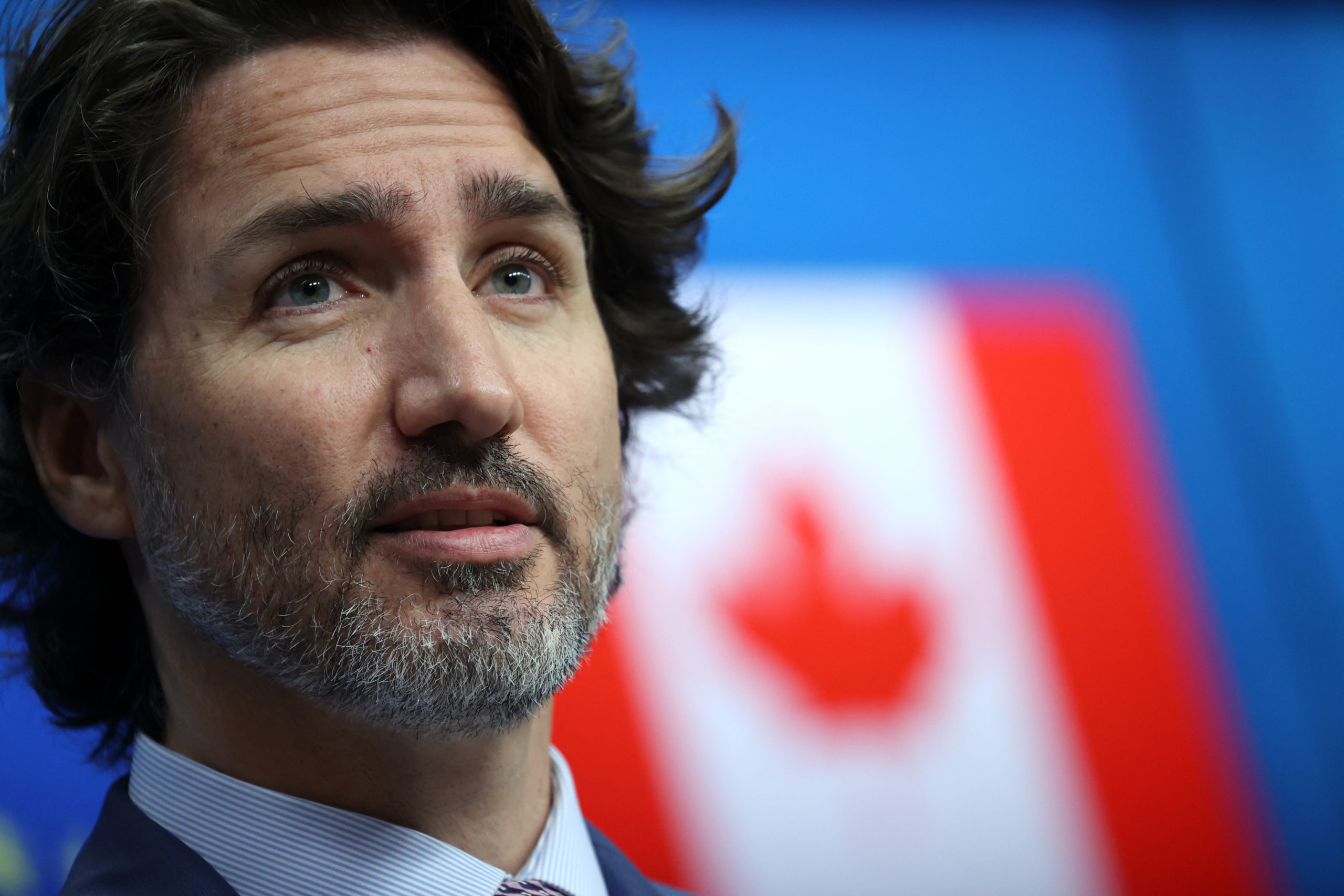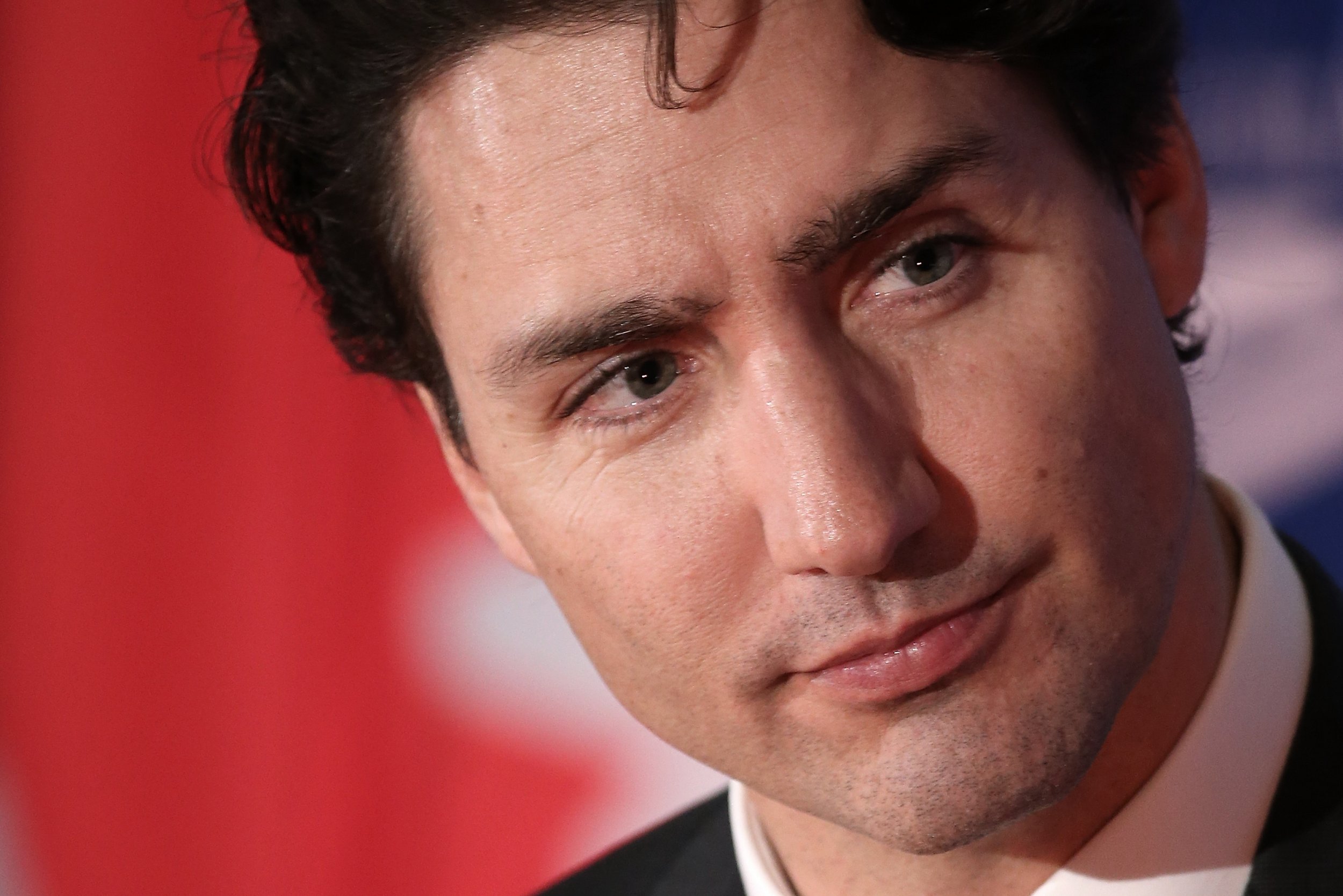Trudeau Faces Resignation Demand From Quebec Caucus
The Call for Resignation
On February 2, 2023, a group of Quebec Liberal MPs publicly demanded the resignation of Prime Minister Justin Trudeau. The MPs, led by former Justice Minister and Attorney General of Canada, Marc Garneau, cited a loss of confidence in Trudeau's leadership and a belief that he was no longer able to effectively govern the country. This demand marked a significant escalation in the tensions that had been simmering within the Liberal Party of Canada (LPC) for several months.
Underlying Tensions
The Quebec caucus's call for resignation was the culmination of a series of events that had strained relations between the party's Quebec wing and Trudeau's leadership. These included:
Trudeau's Response
Trudeau initially resisted the calls for his resignation. He stated that he remained committed to governing and that he had "full confidence" in his ability to do so. However, on February 3, he announced that he would meet with individual Quebec MPs to discuss their concerns. The meetings were described as "positive" and "productive," but Trudeau ultimately decided that he would not resign.
Quebec Caucus's Dilemma
The Quebec caucus's decision to go public with their demand for Trudeau's resignation was a risky one. If they had backed down, they would have appeared weak and ineffective. However, if they had continued to push for his resignation and failed, they would have further damaged the LPC's reputation in Quebec.
National Implications
The Quebec caucus's call for Trudeau's resignation had significant implications for the national political landscape. If Trudeau had resigned, it would have likely triggered a leadership race within the LPC and could have led to a change in government. Additionally, it would have further weakened the already fragile relationship between Quebec and the federal government.
Different Perspectives
There were a variety of perspectives on the Quebec caucus's demand for Trudeau's resignation. Some argued that it was a legitimate expression of dissatisfaction with his leadership, while others saw it as a politically motivated attempt to destabilize the government.
Conclusion
The Quebec caucus's demand for Trudeau's resignation was a significant event in Canadian politics. It revealed the deep divisions within the LPC and the challenges Trudeau faced in governing a country with such a diverse population. While Trudeau ultimately decided not to resign, the demand for his resignation had a profound impact on the national political landscape and will likely continue to shape the future of Canadian politics.
Read also:
NBA's Jalen Johnson Faces Shoulder Uncertainty, Availability For Friday Game Hangs In The Balance
Detroit Pistons' Tobias Harris Sends Farewell Message To Sixers
Los Equipos Clasificados A La Copa Mundial De Clubes De La FIFA 2025

